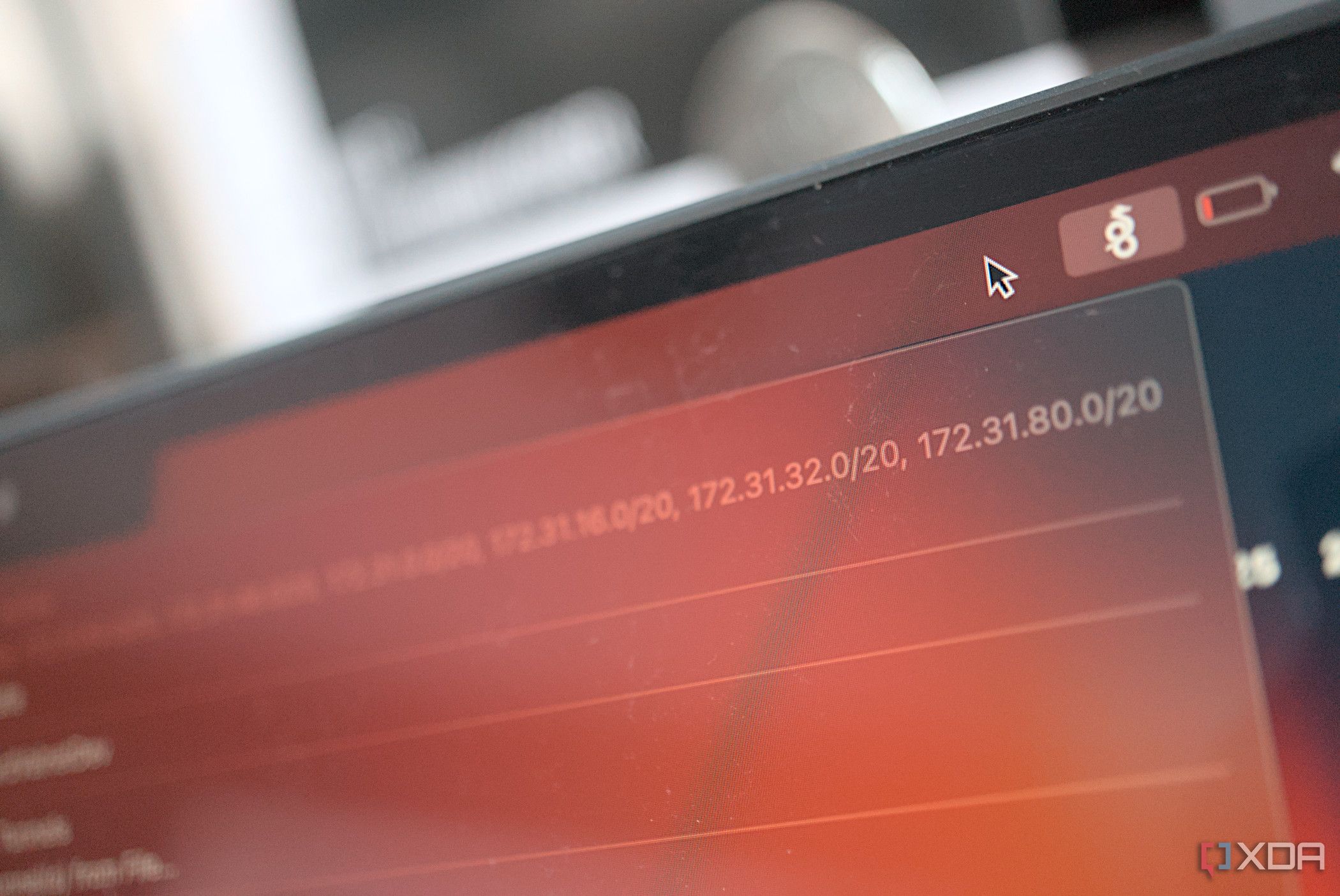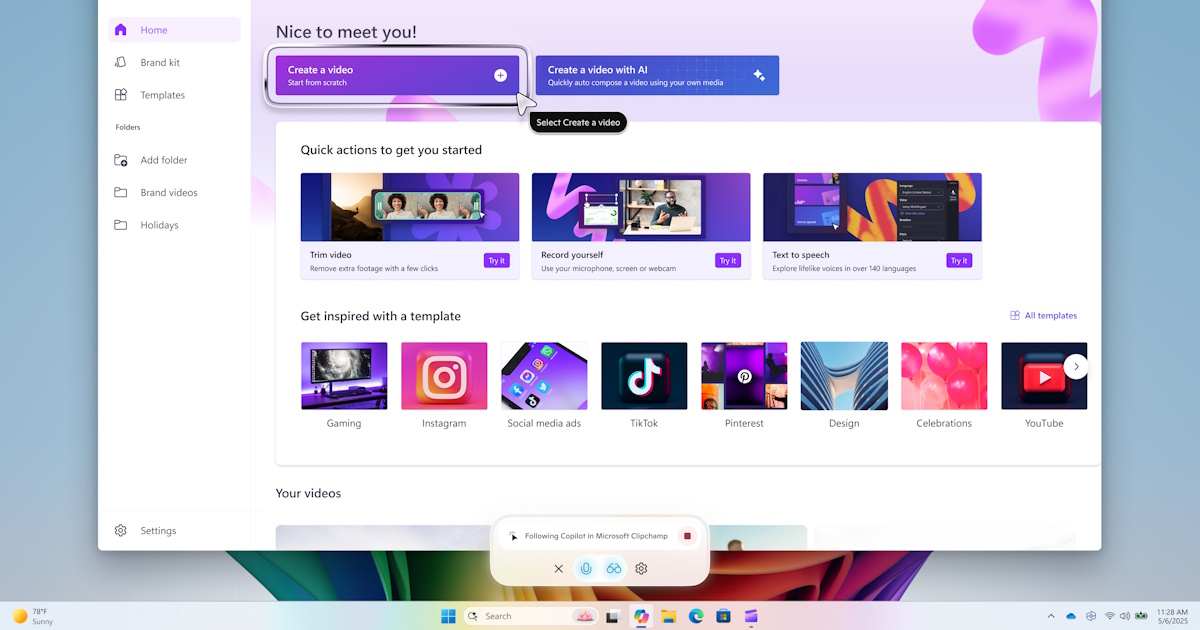Do you really need "post-quantum" encryption for your VPN or storage?
The answer is more complicated than a simple yes or no, but there's some needed context first.

Modern digital security relies heavily on encryption algorithms grounded in difficult math problems, which is the backbone of what’s known as public-key infrastructure (PKI). From securing websites to protecting messaging apps, PKI allows two strangers online (or a client and a server) to establish secret keys and verify identities without having met. This is achieved through asymmetric cryptography (public/private key pairs) that current computers find infeasible to break. For example, algorithms like RSA and elliptic-curve cryptography (ECC) underpin much of today's secure internet traffic, but the advent of quantum computing threatens to upend these protections.






